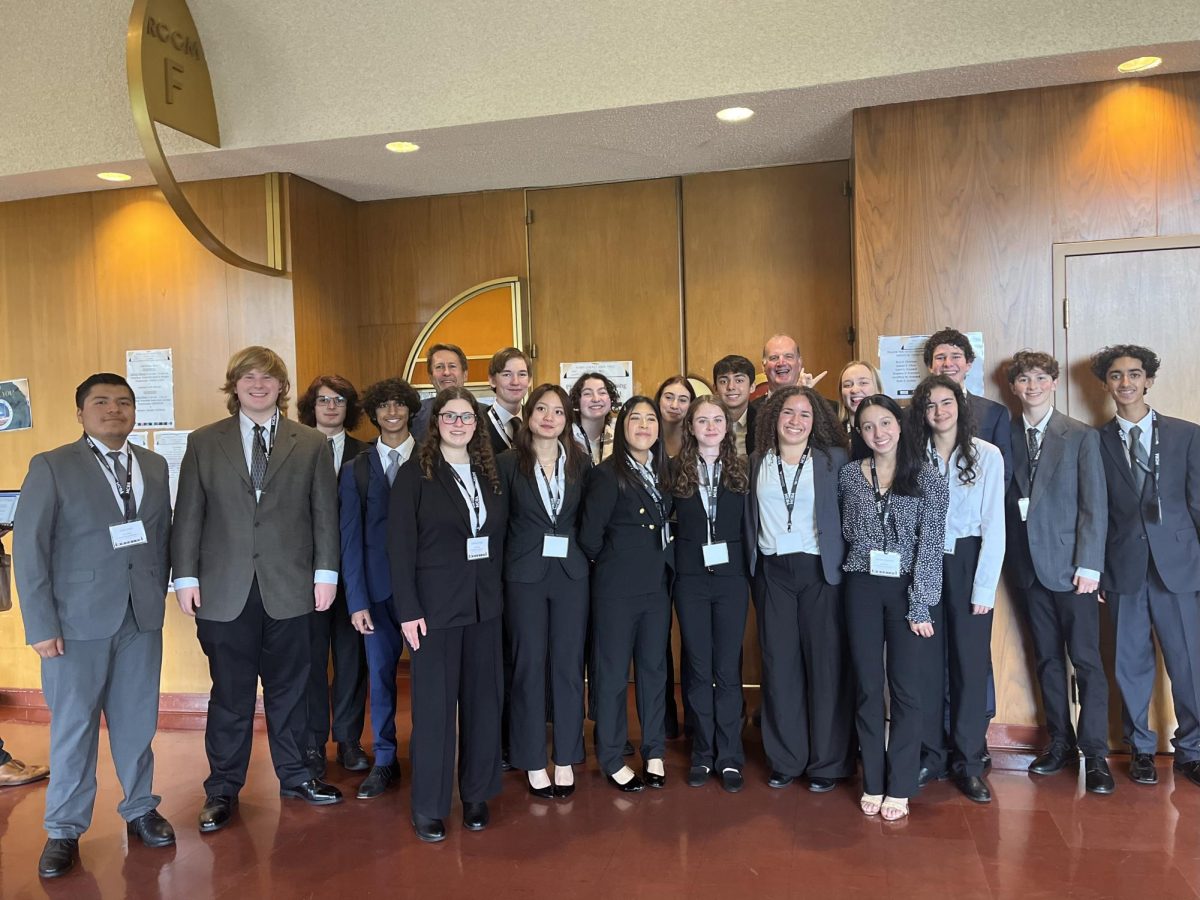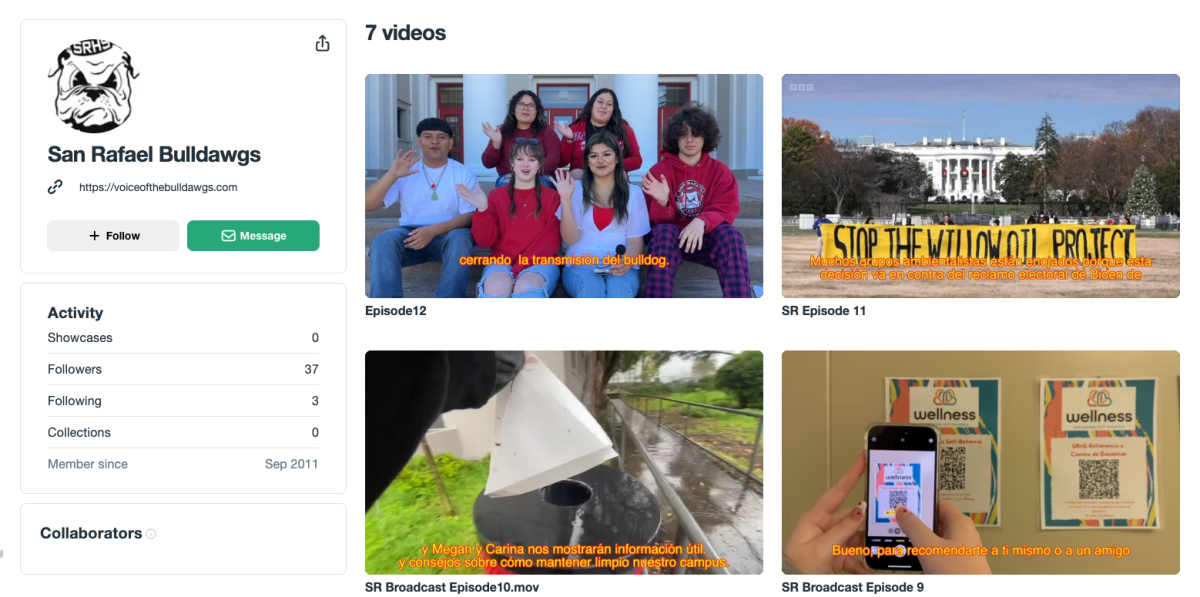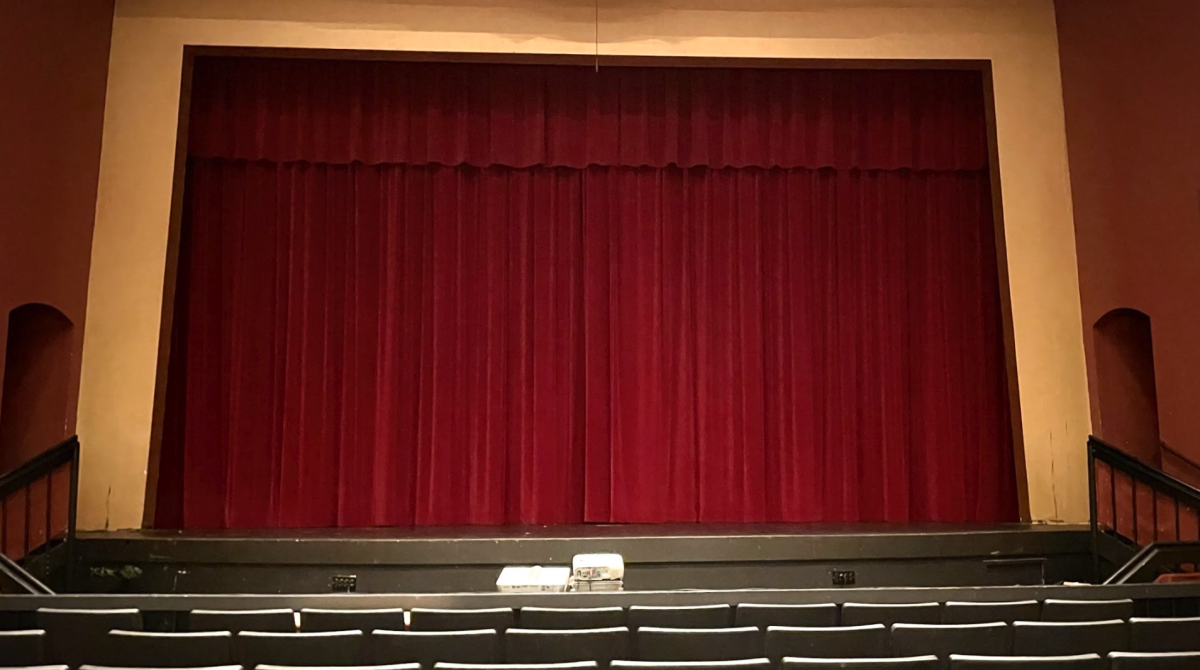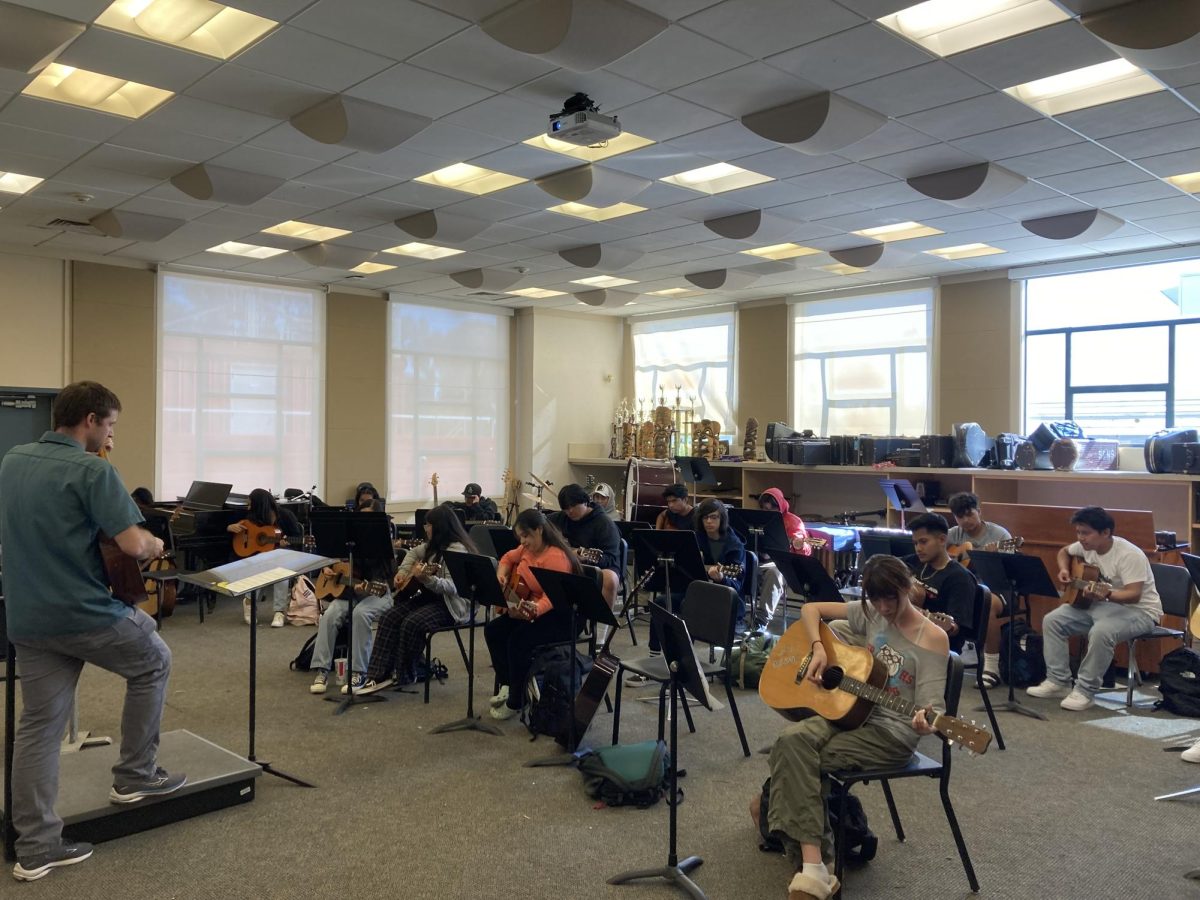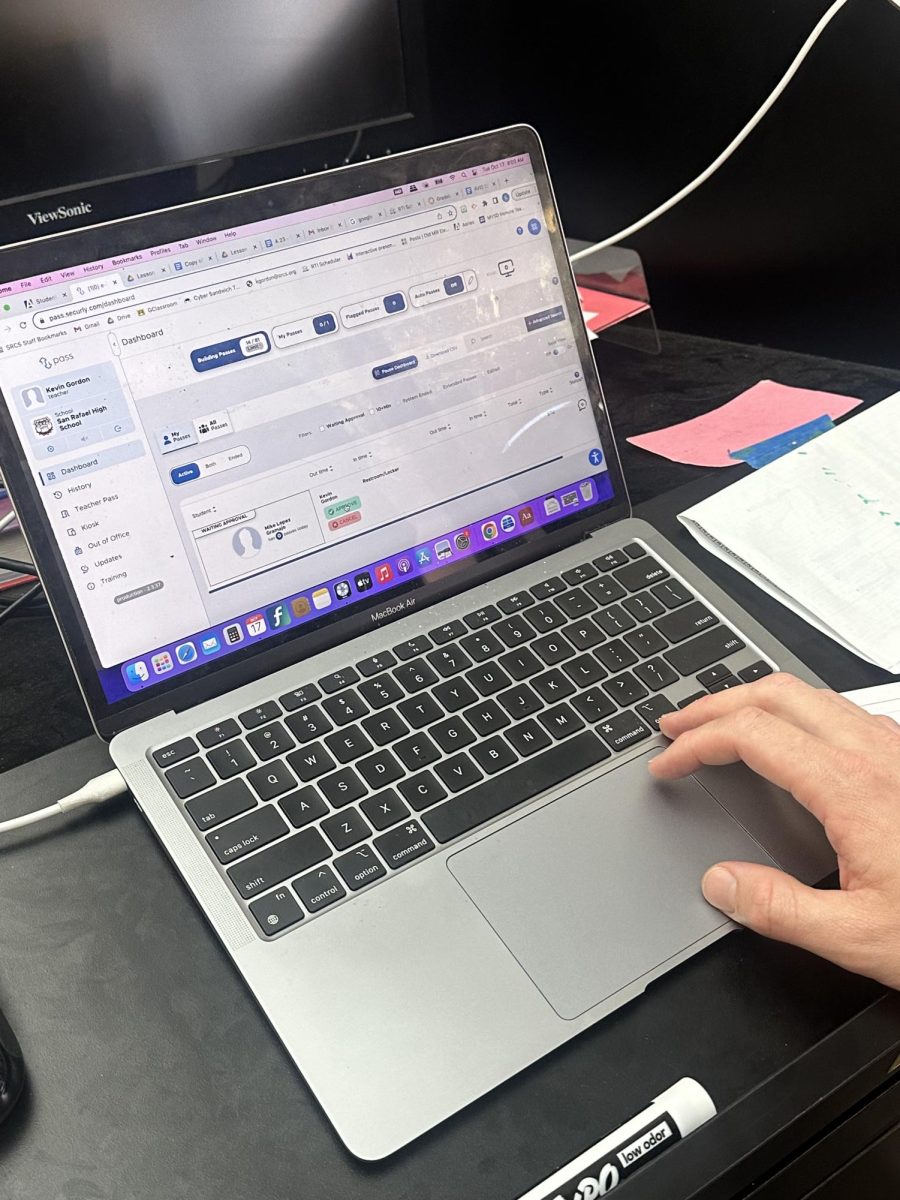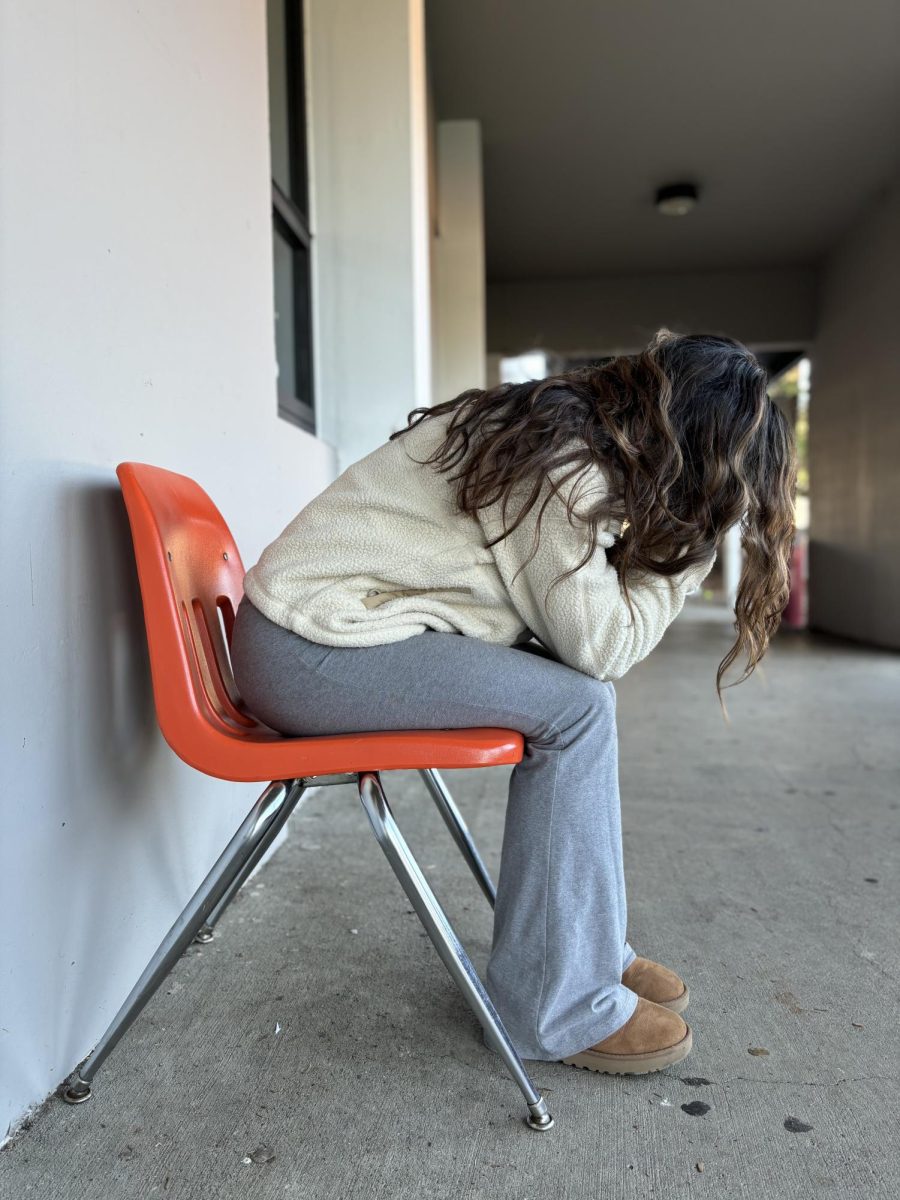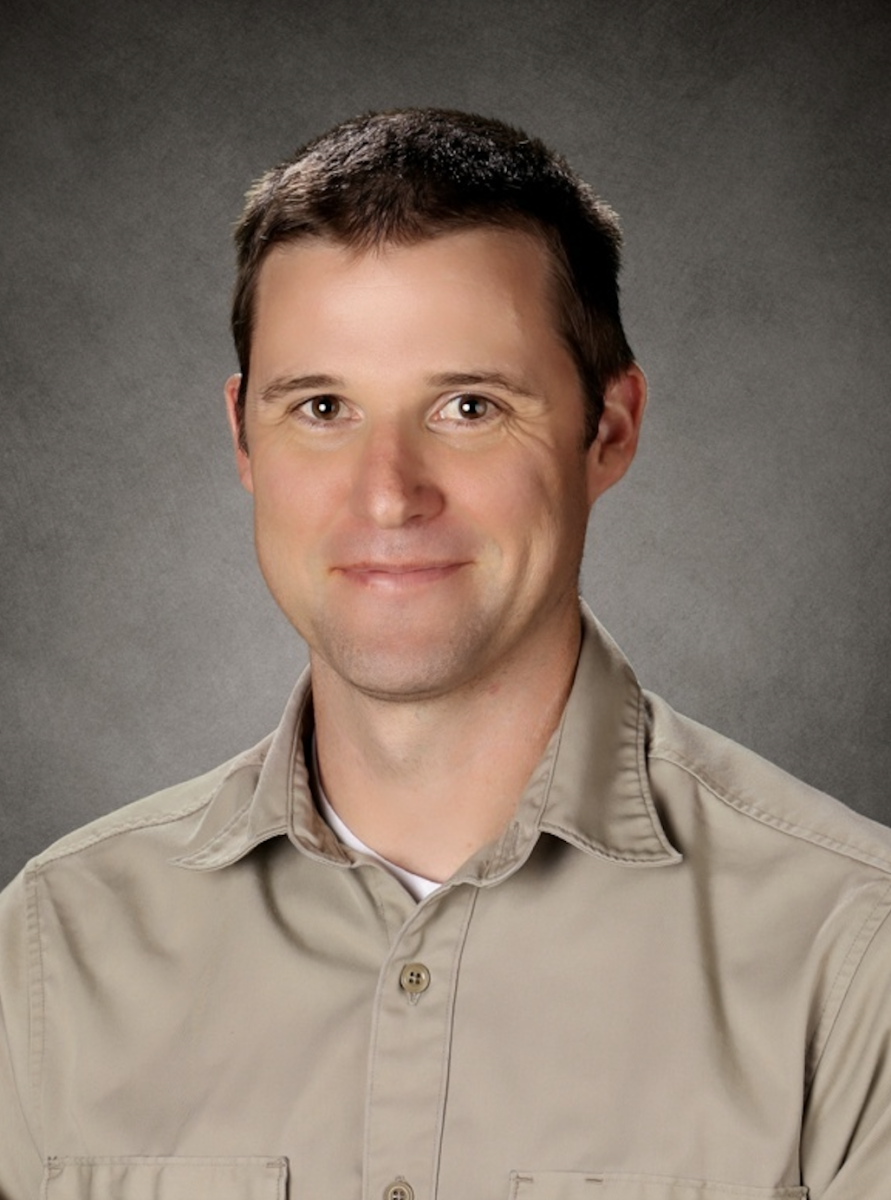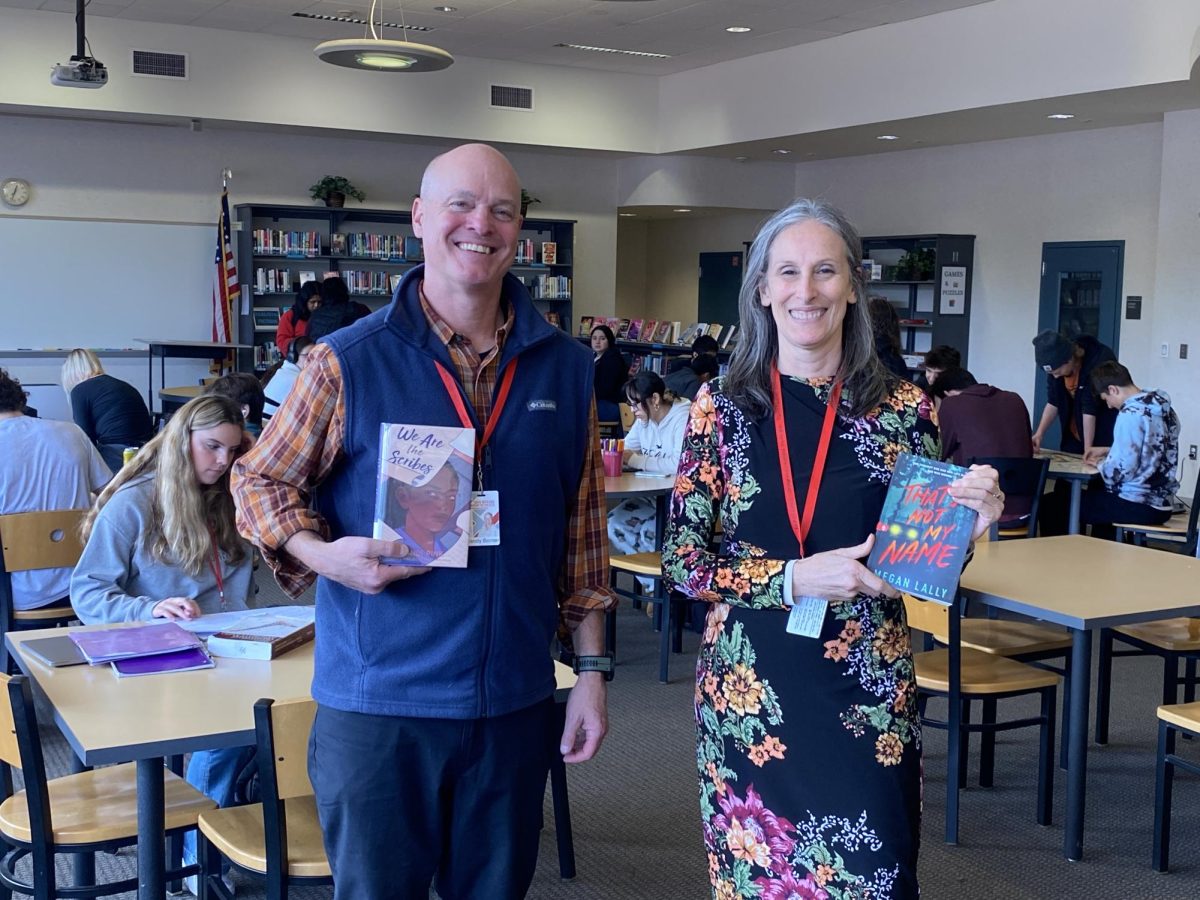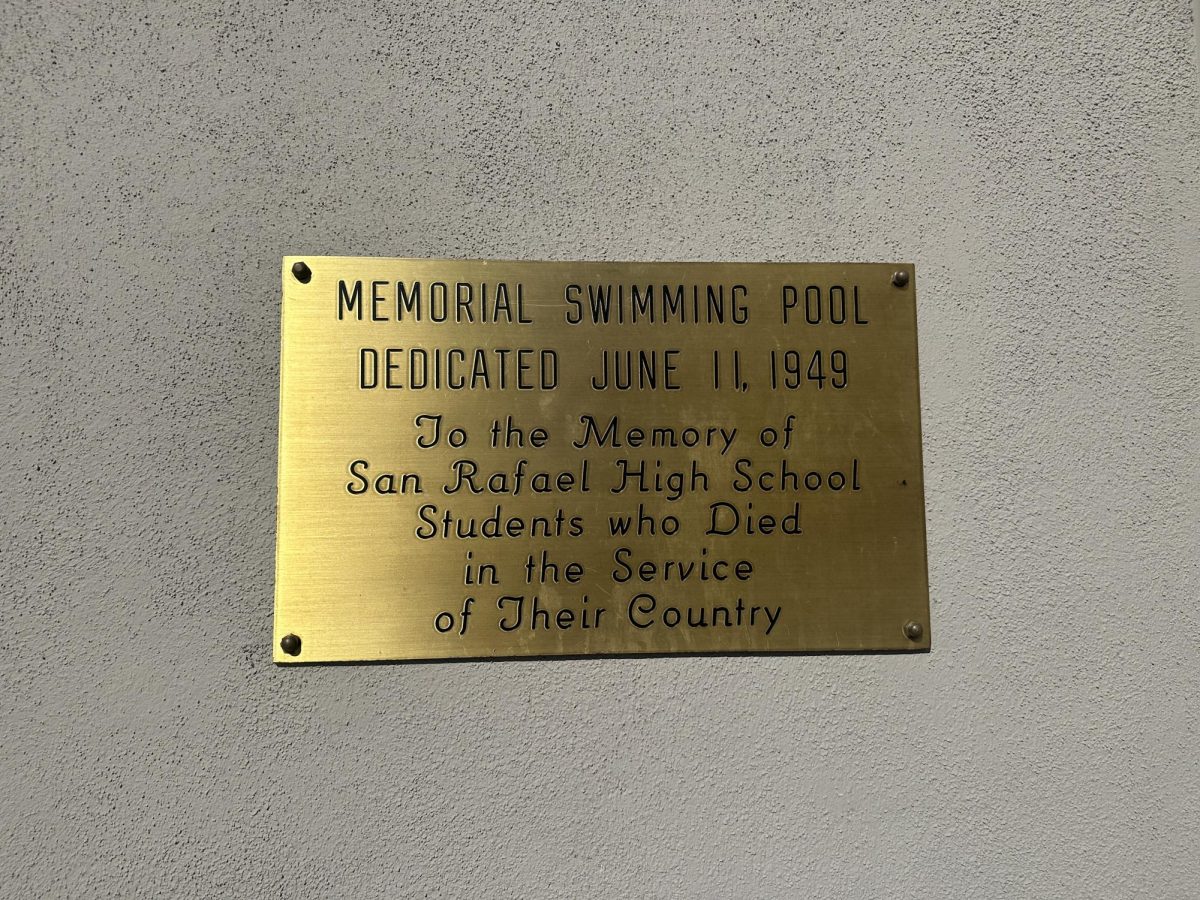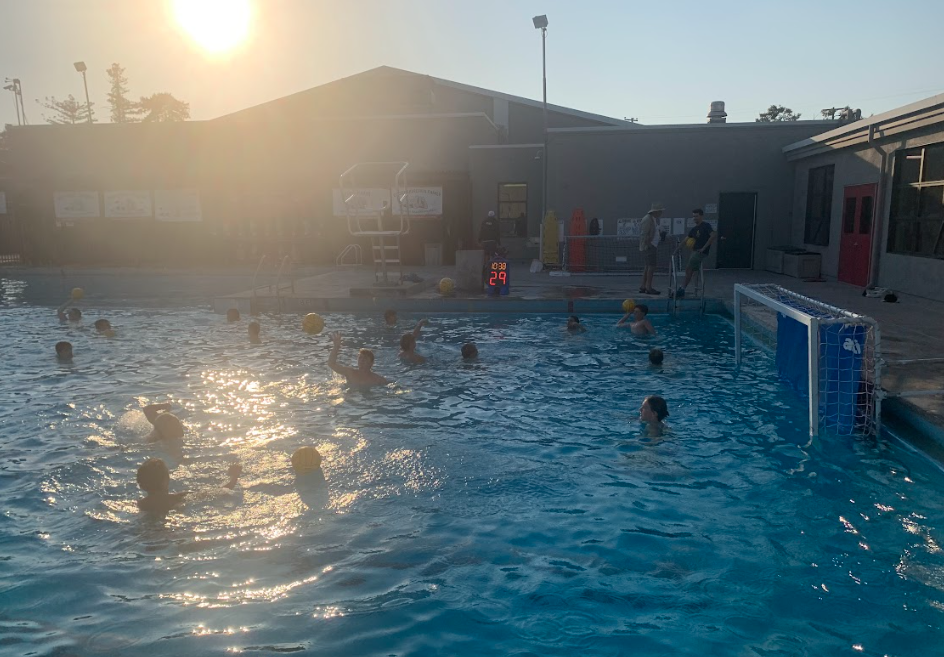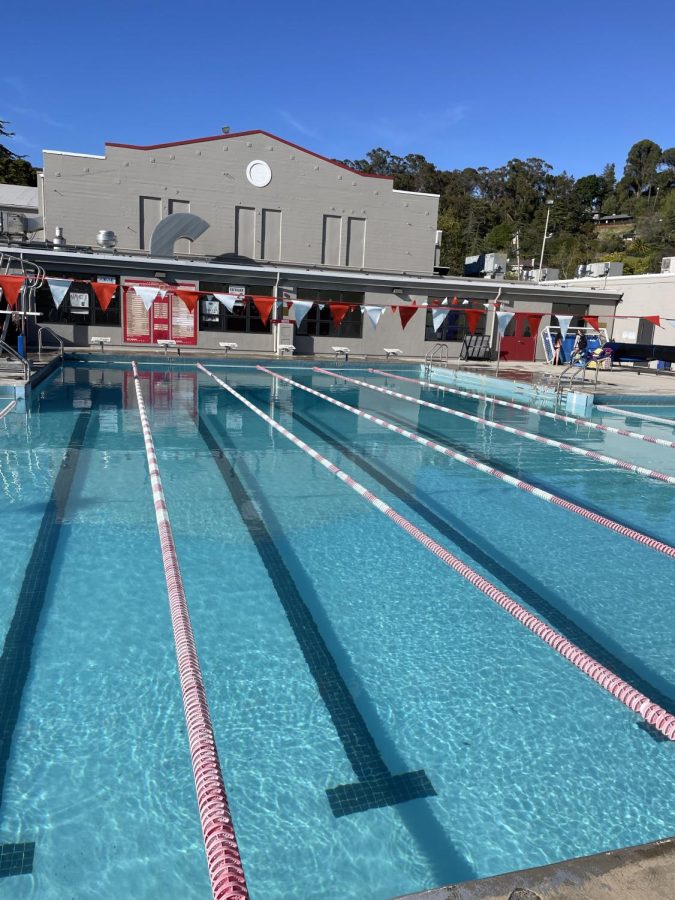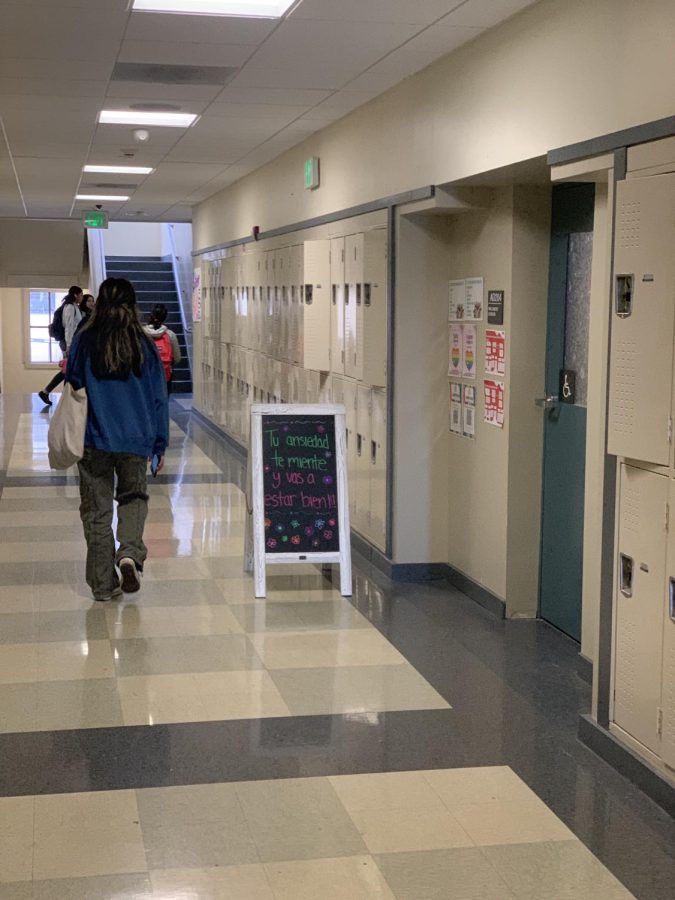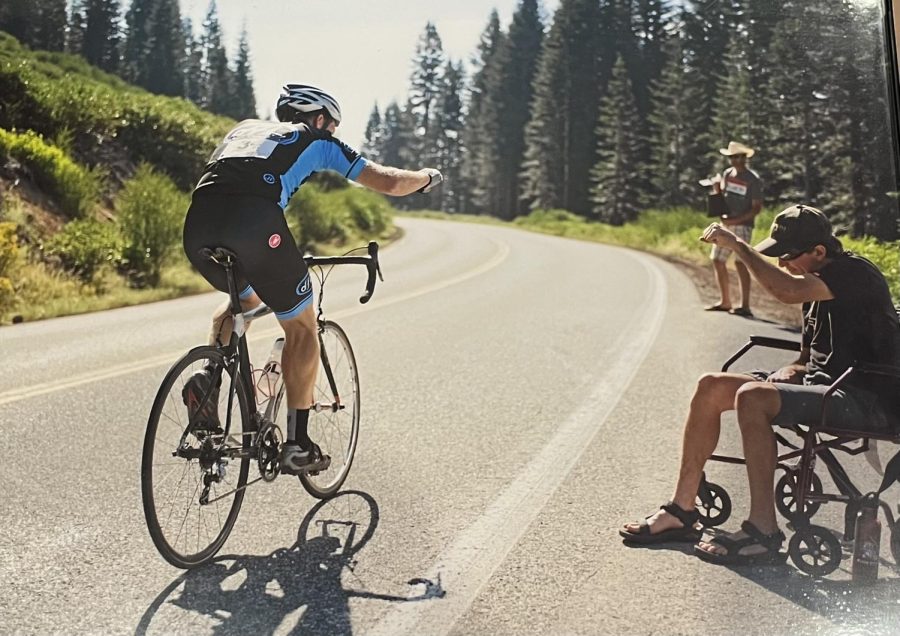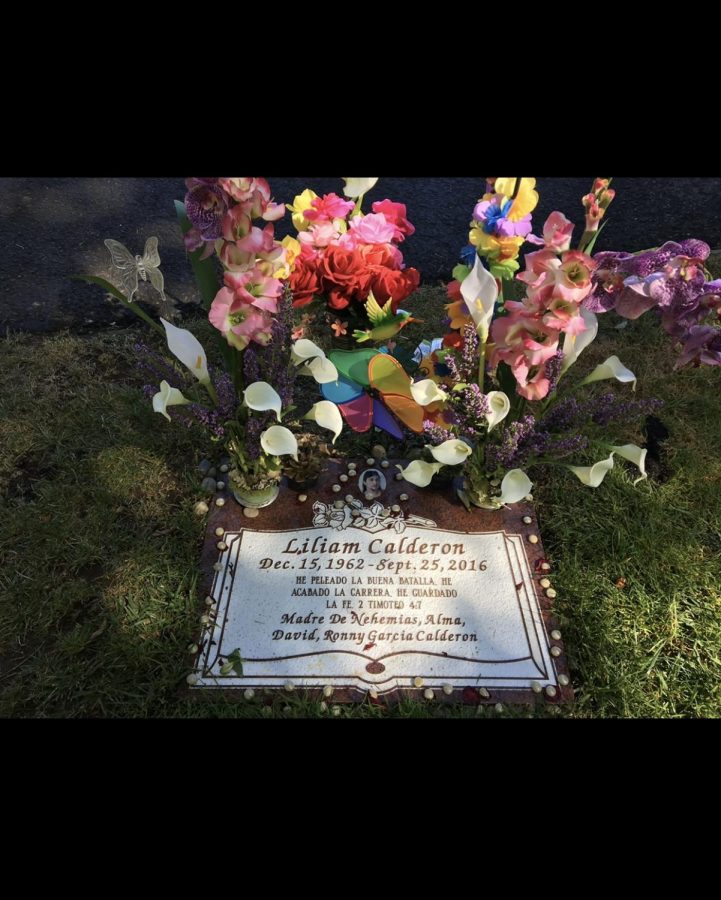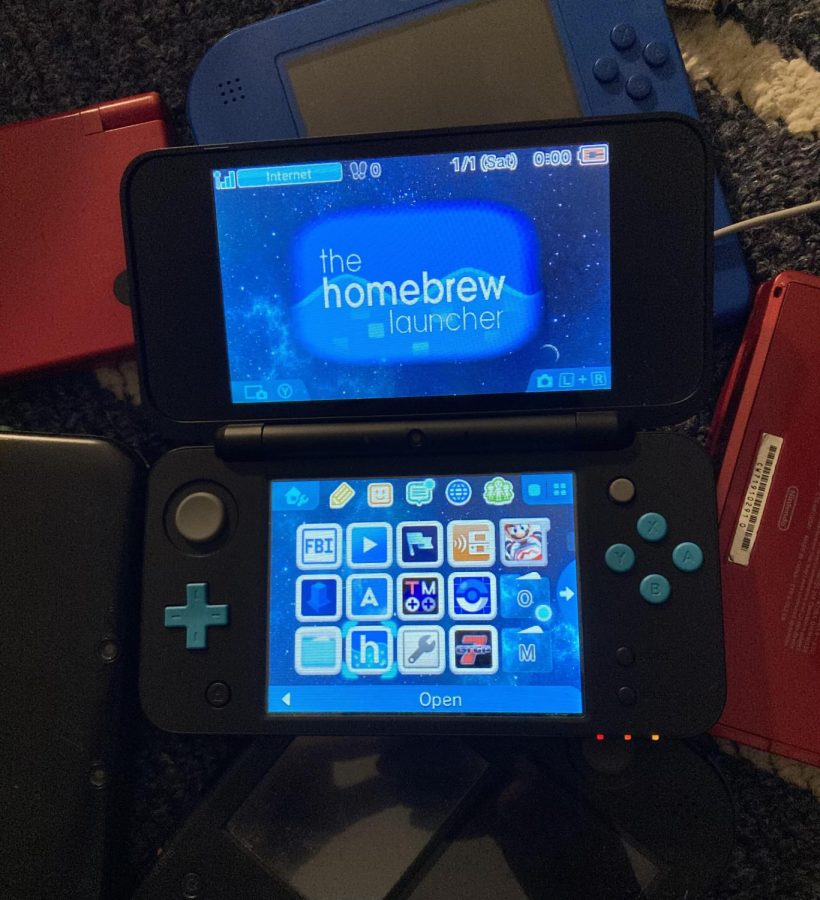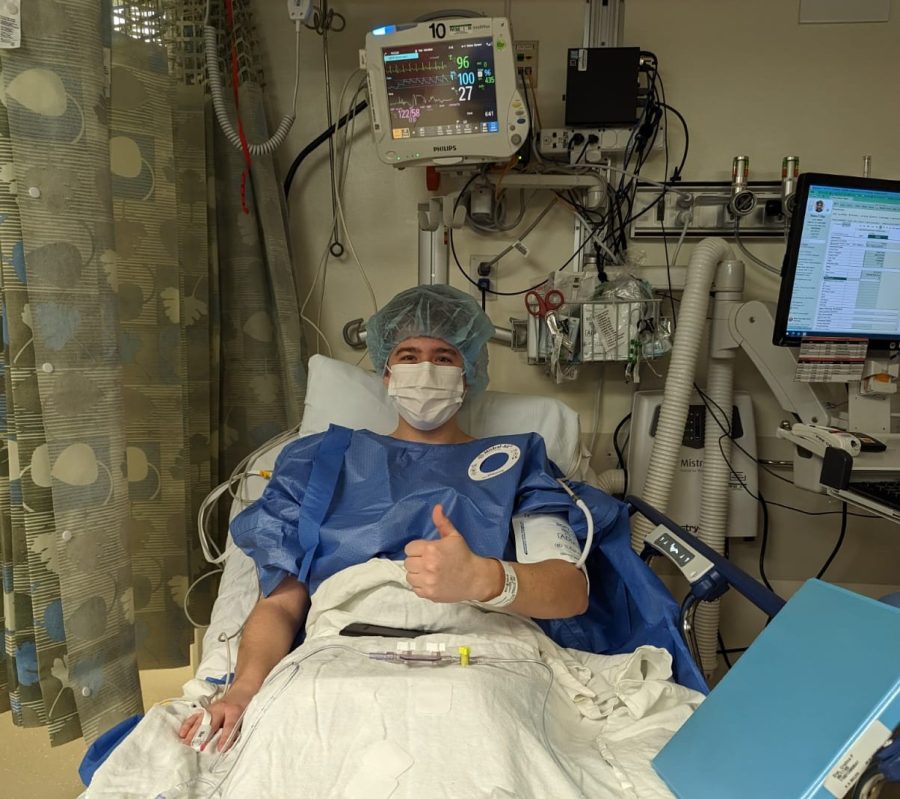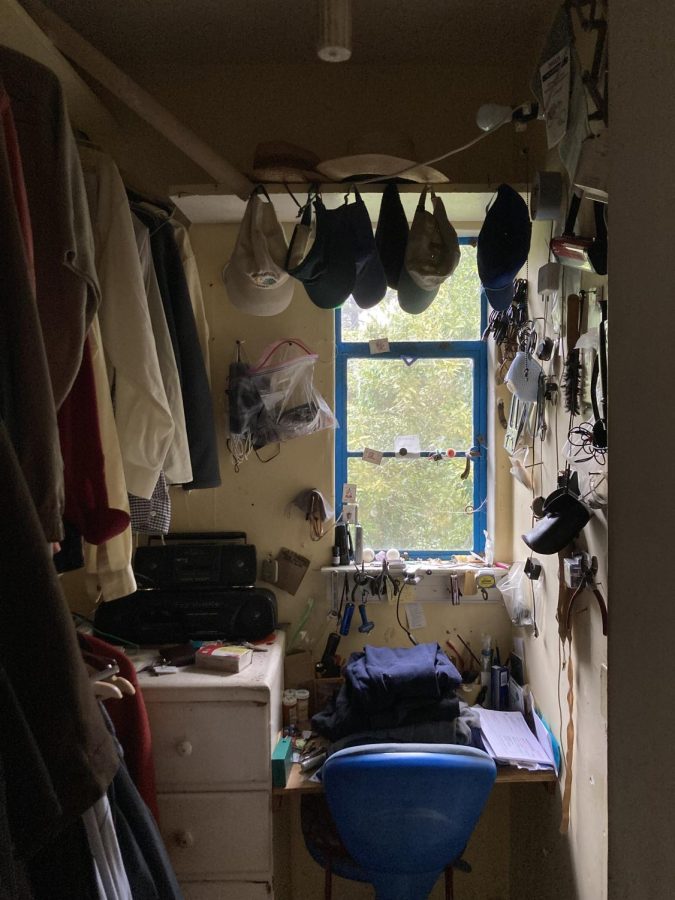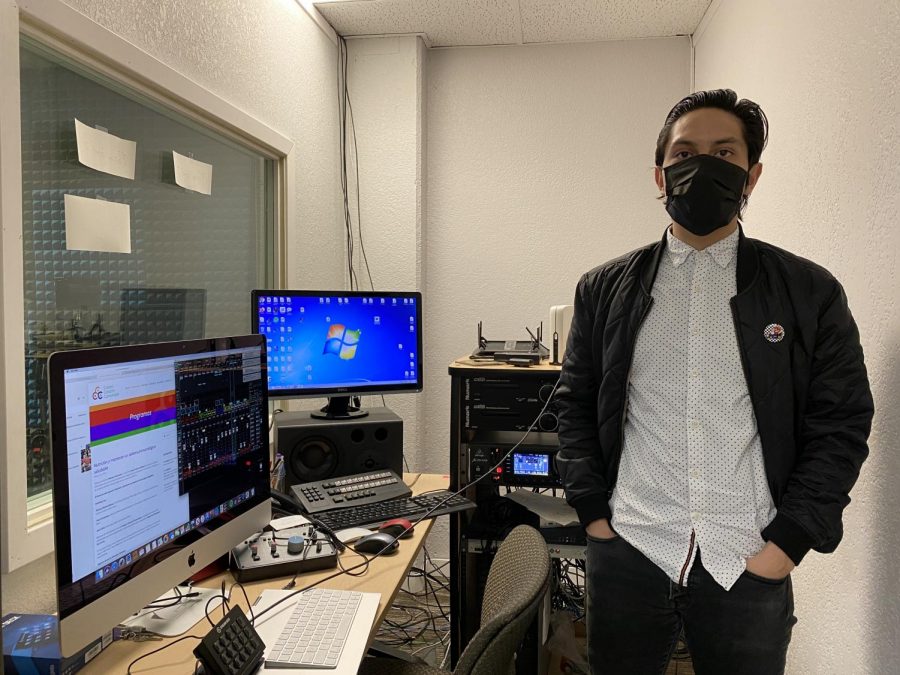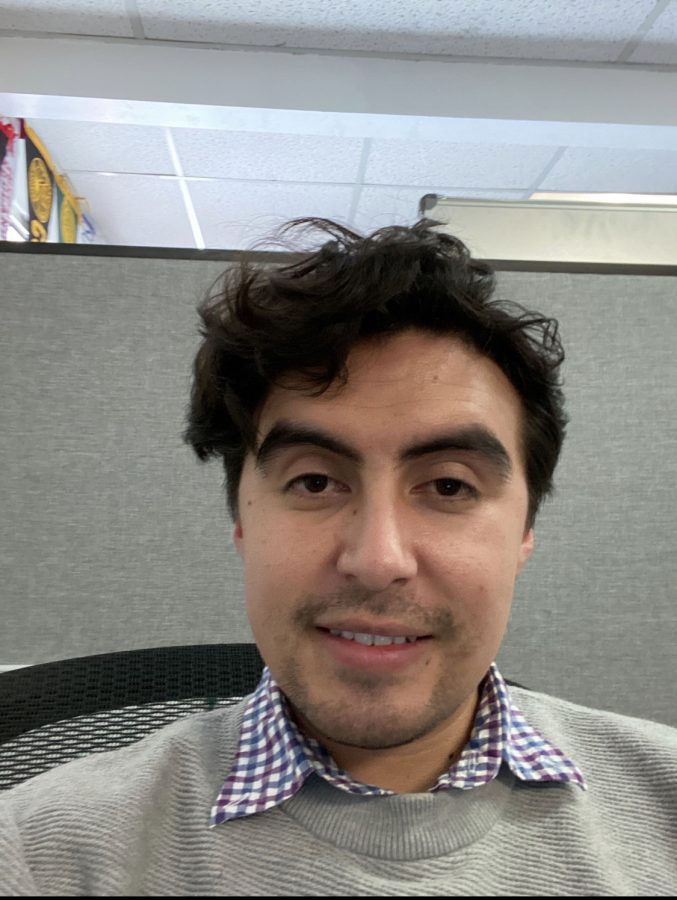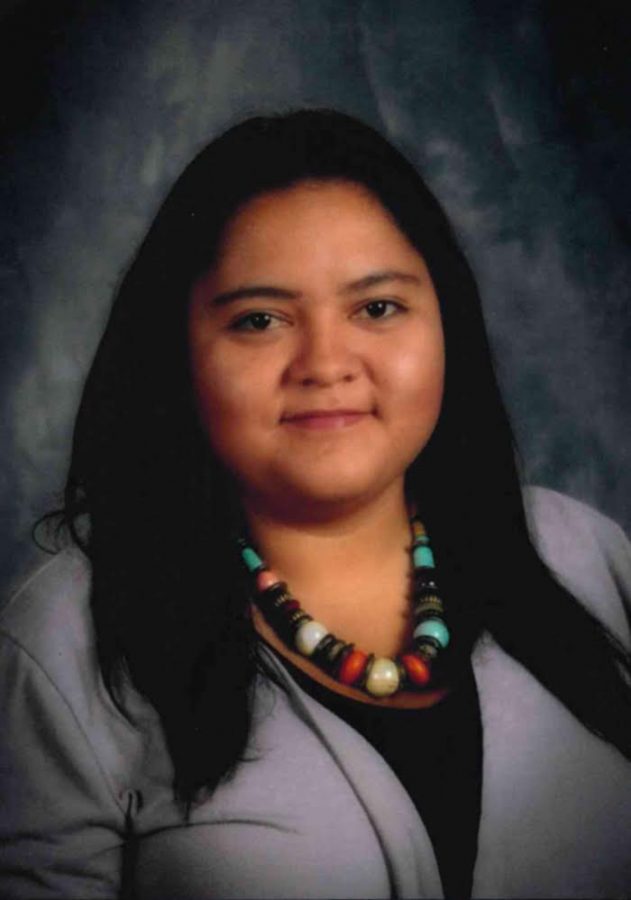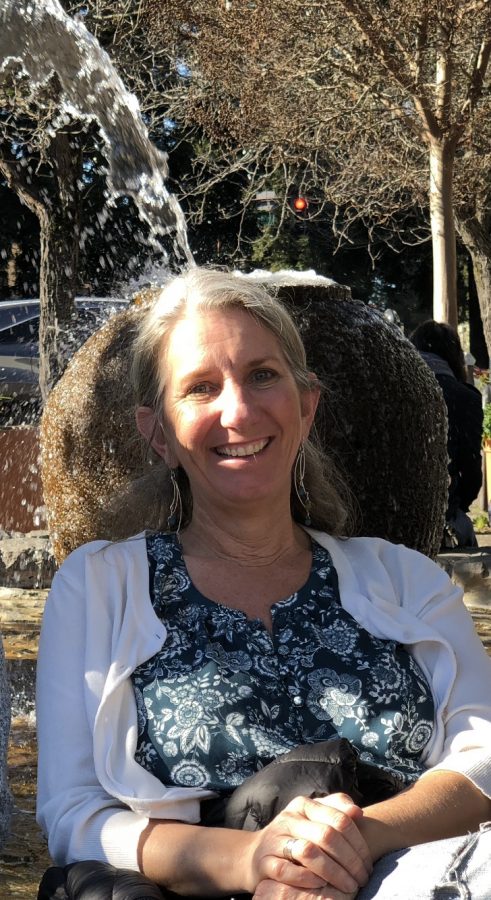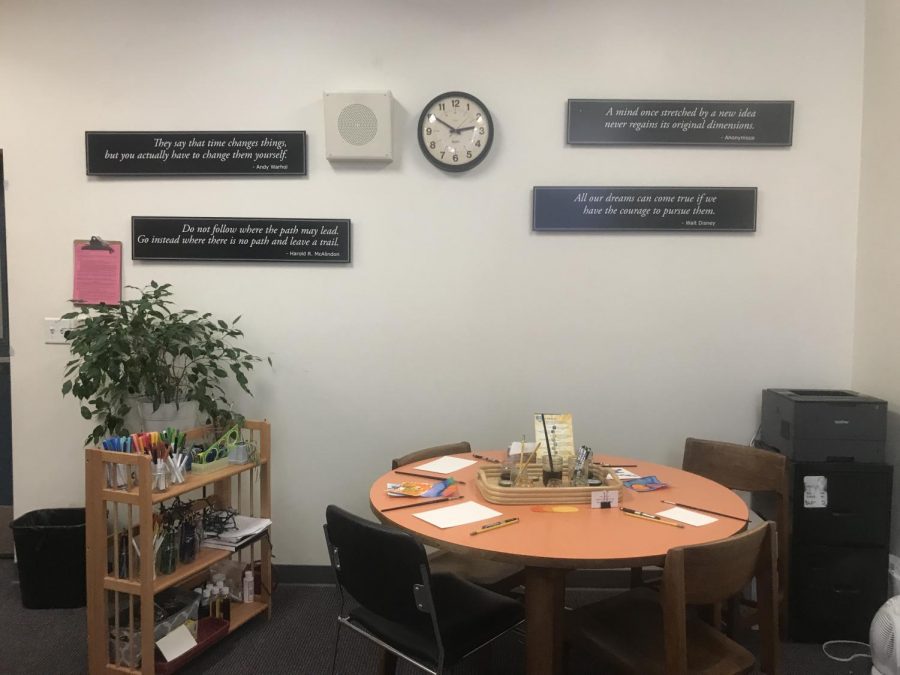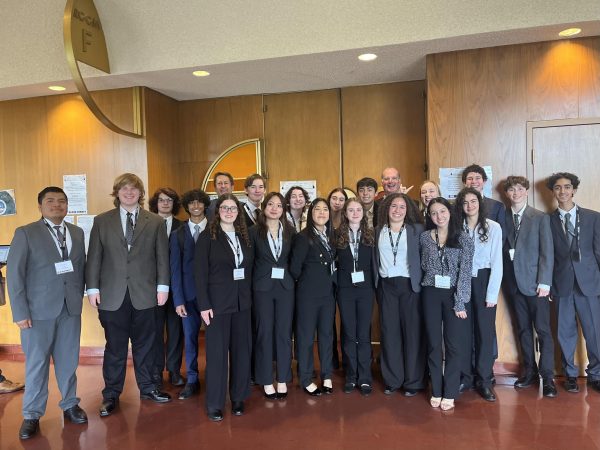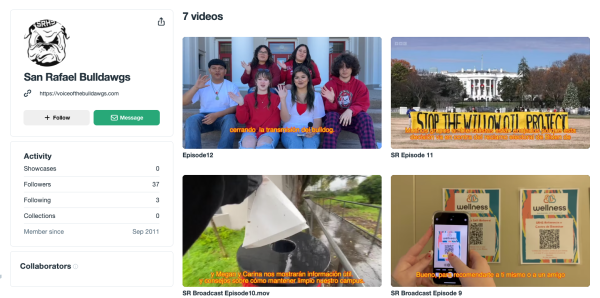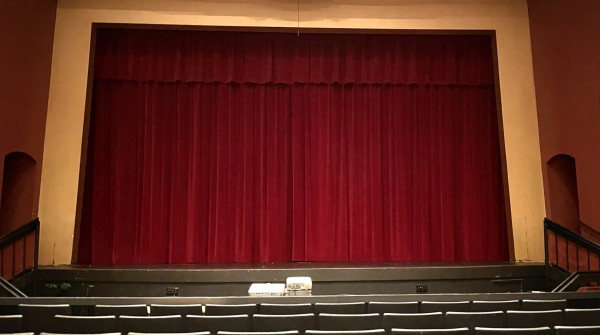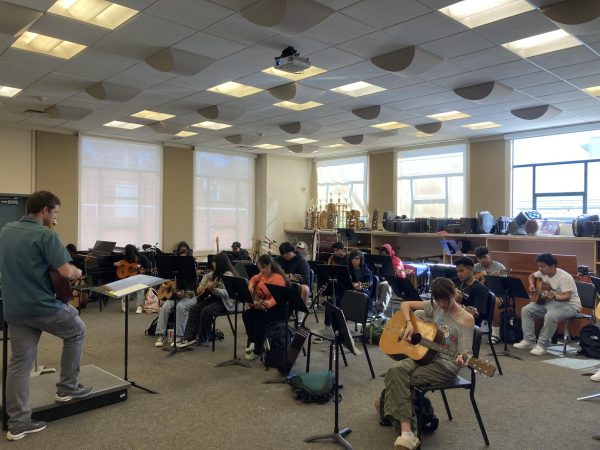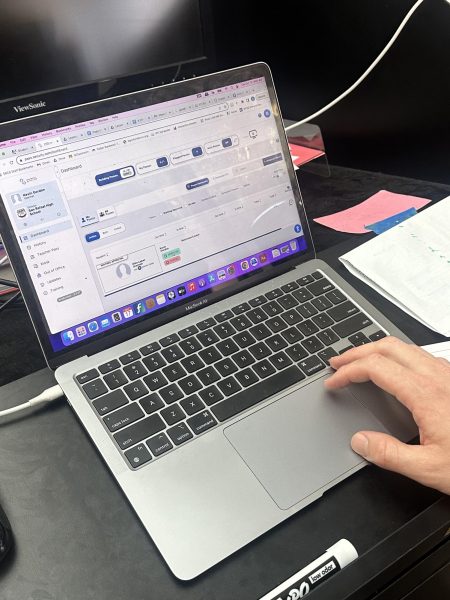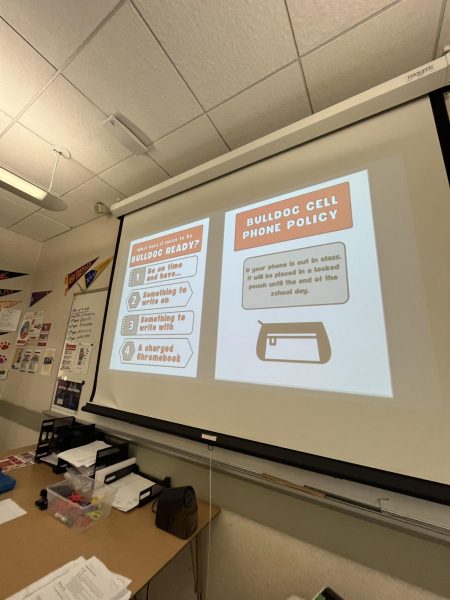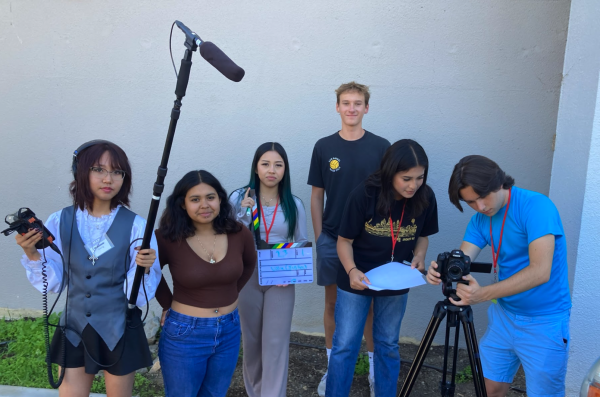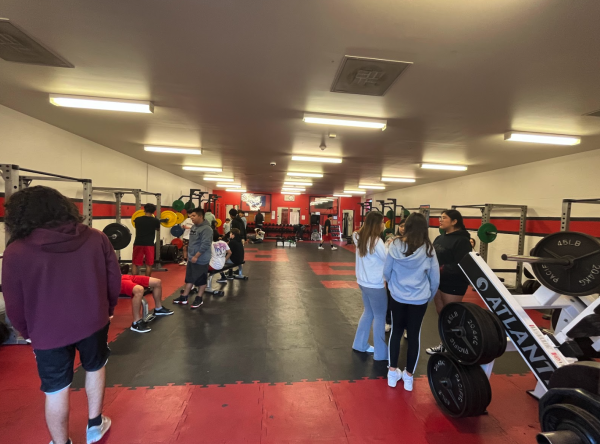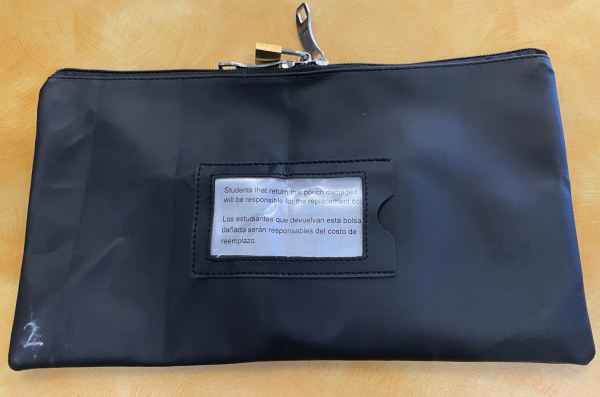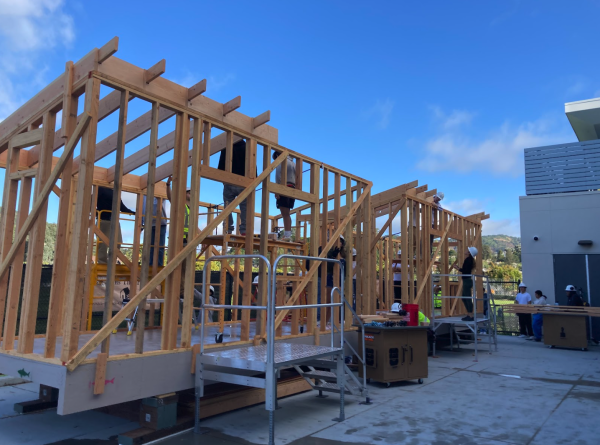San Rafael Expands Mental Health Team to Fight a Disturbing Trend Among Teens
November 26, 2019
In response to what many experts consider a mental health crisis, San Rafael High School has expanded their mental health team. Stassi Betcher, a mental health clinician at the high school, stated that their team has grown from one unlicensed counselor in 2017 to to three licensed counselors in 2019. They hope that more support will help students battle mental health challenges more effectively.
This tragic increase is apparent in all high schools. Marin County, home to more than twenty high schools, has the highest suicide rate in California.
Adolescents are increasingly challenged by negative mental health trends. Millions of teens are affected by depression or anxiety nationwide. Suicide occurs across all economic, social and ethnic boundaries.
A study from CDC’s National Center of Health revealed that suicide is the second leading cause of death for 15 to 24 year olds. In America, an attempt is made every minute.
Suicide rates have increased by more than 200% over the past fifteen years for girls aged ten to fourteen. The suicide rate for teenage boys has not had such a severe increase, but boys are nearly four times more likely to commit suicide than girls.
In 2017, Ms. Betcher was hired to be SRHS’s first mental health counselor. That same school year, the San Rafael City Schools District had the highest number of suicide attempts ever recorded. Ms. Betcher states, “Between Terra Linda High School and here [SRHS], we had at least two attempts a week.”
The team reflected, “Our campus and kids in general are struggling — nationally and here.” They agreed that, “We can’t just get hospilizations all the time, we need to start getting kids before they go to the hospital.” In other words, schools should be aiming to prevent hospitalizations from occurring in the first place.
Aiming to increase awareness and support, the mental health team has organized interactive activities throughout Suicide Prevention Week, repeatedly introducing themselves during study halls and consistently opened their arms to any and all students who seek help. Their goal: “To be visible and start preventing, instead of reacting.”
According to Heidi Longo, a Marin County school counselor and licensed private practice therapist, “In the last five years, there has been a dramatic increase in students needing crisis management for self-harm and suicidality.” Her number of referrals to outside mental health providers “is at an all-time high.”
Ms. Longo sees “a pretty dramatic rise in anxiety and depression.”
The statistics on suicide do not take into account the majority of teenagers who struggle with mental health issues. The number of adolescents who commit suicide only reflect a small portion of the larger, young population. Far more students struggle with mental health issues than attempt suicide.
Psych Central, the largest mental health online resource, approximates that, “20 percent of teens experience depression before they reach adulthood, and between 10 and 15 percent suffer from symptoms at one time.” Yet, only 30 percent are reported to be treated.
As the numbers of battling teens continues to rise, so does the demand for resources.
Acknowledging the growing number of teens struggling with mental health issues, California passed a law that mandates all middle and high schools to provide suicide prevention education. The initiating assemblyman, Marc Berman, stated in a press release that, “It is imperative that administrators, teachers, and students have the knowledge, tools, and resources to recognize the warning signs to respond to students who need help.”
Berman is behind several other pieces of suicide-prevention legislation as well. He urged, “Too many of our communities across America have been affected by youth suicides.” Action is being taken. As the number of supporters grow, hopefully, the number of struggling adolescents decline.
Be aware. Become available. Show interest and support.
National Suicide Prevention Line: 1-800-273-8255
SRHS Student Link Services: AD 245

